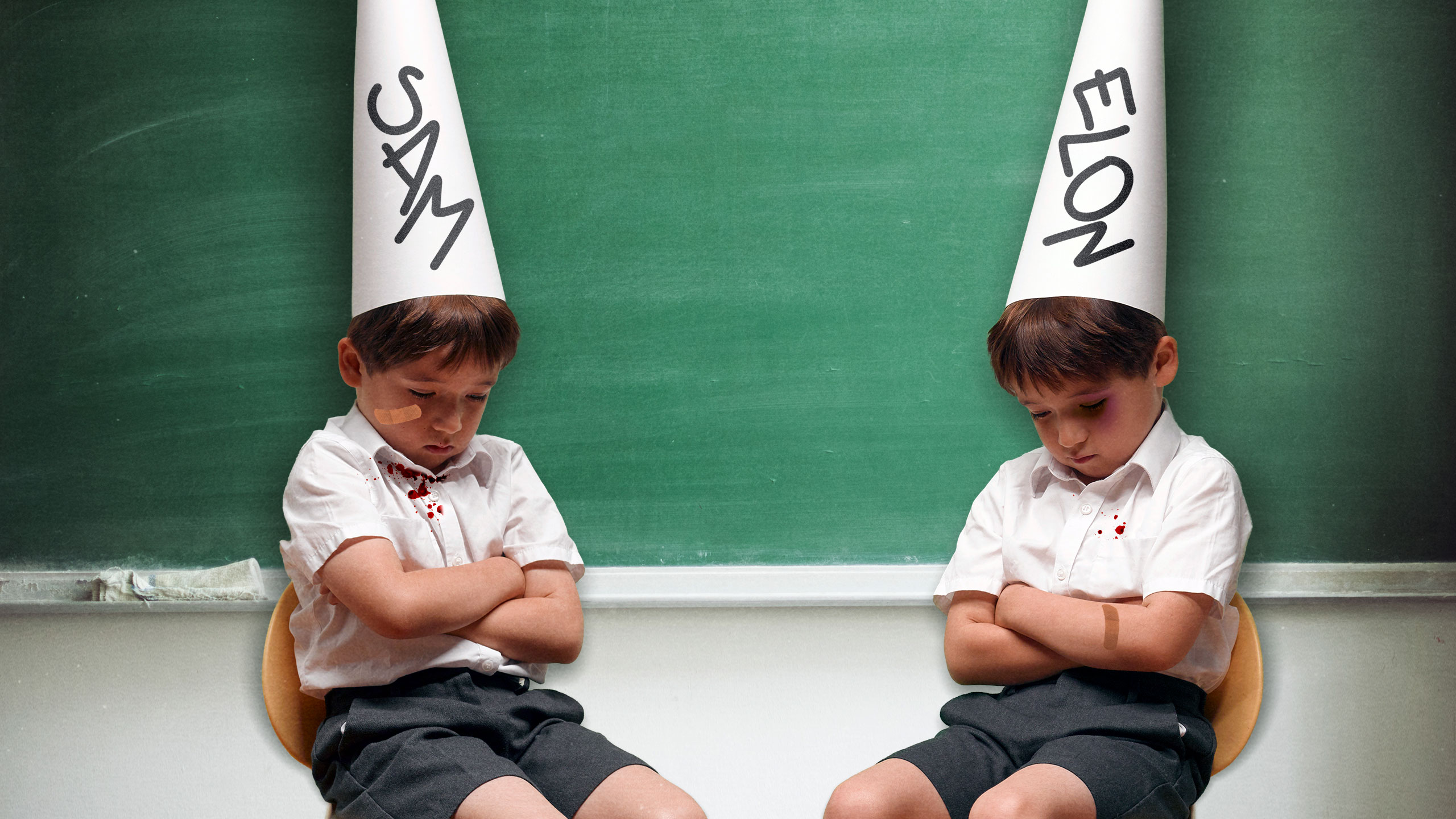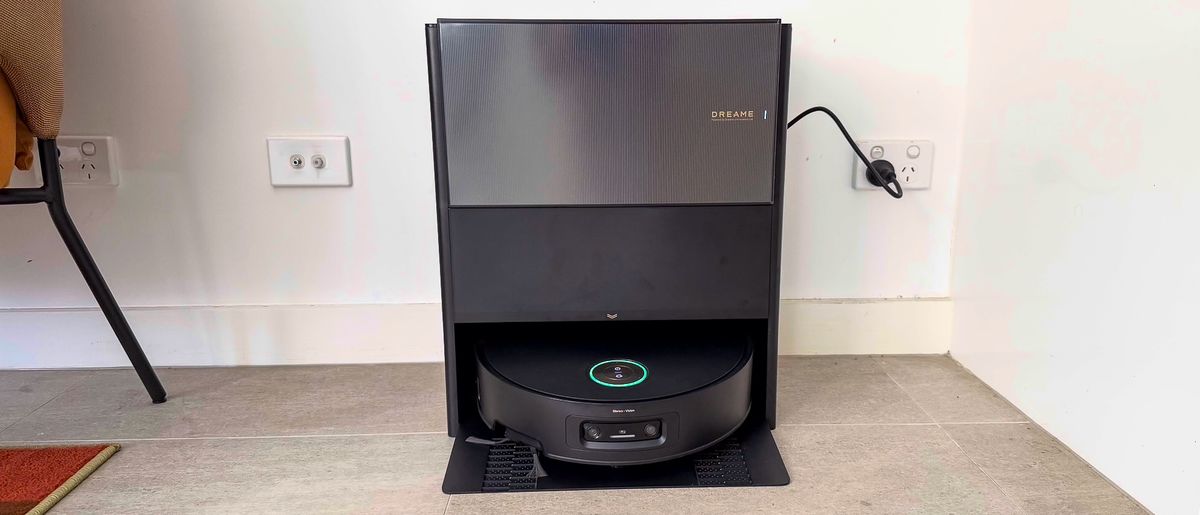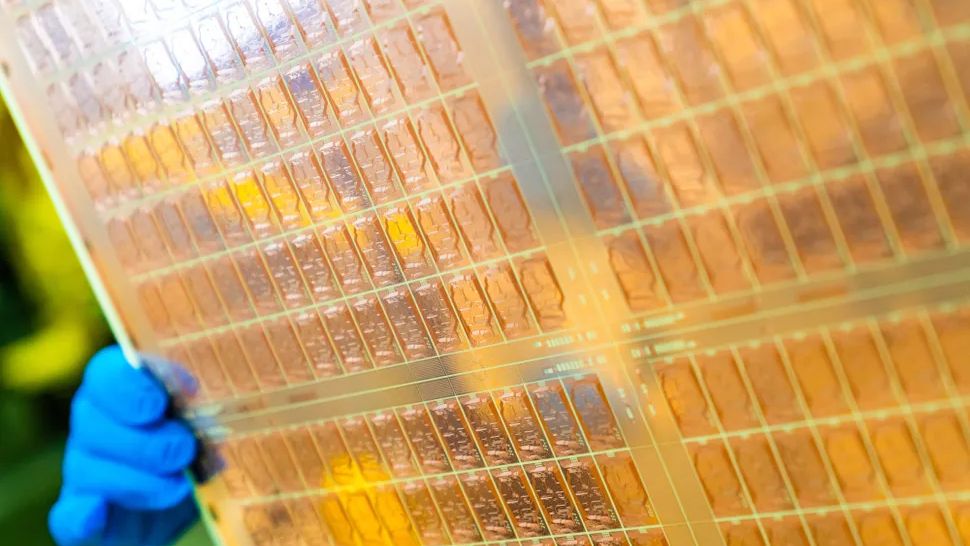Much attention was paid to OpenAI's Sam Altman and xAI's Elon Musk trading barbs on X this week after Musk threatened to sue Apple over supposedly biased App Store rankings privileging ChatGPT over Grok.
But while the heated social media exchanges were among the most tense ever seen between the two former partners who cofounded OpenAI—more on that below—it seems likely that their jabs were motivated less by who's in the lead on Apple's "Must Have" app list than by an impending order in a lawsuit that landed in the middle of their public beefing.
Yesterday, a court ruled that OpenAI can proceed with claims that Musk was so incredibly stung by OpenAI's success after his exit didn't doom the nascent AI company that he perpetrated a "years-long harassment campaign" to take down OpenAI.
Musk's motivation? To clear the field for xAI to dominate the AI industry instead, OpenAI alleged.
OpenAI's accusations arose as counterclaims in a lawsuit that Musk initially filed in 2024. Musk has alleged that Altman and OpenAI had made a "fool" of Musk, goading him into $44 million in donations by "preying on Musk’s humanitarian concern about the existential dangers posed by artificial intelligence."
But OpenAI insists that Musk's lawsuit is just one prong in a sprawling, "unlawful," and "unrelenting" harassment campaign that Musk waged to harm OpenAI's business by forcing the company to divert resources or expend money on things like withdrawn legal claims and fake buyouts.
"Musk could not tolerate seeing such success for an enterprise he had abandoned and declared doomed," OpenAI argued. "He made it his project to take down OpenAI, and to build a direct competitor that would seize the technological lead—not for humanity but for Elon Musk."
Most significantly, OpenAI alleged that Musk forced OpenAI to entertain a "sham" bid to buy the company in February. Musk then shared details of the bid with The Wall Street Journal to artificially raise the price of OpenAI and potentially spook investors, OpenAI alleged. The company further said that Musk never intended to buy OpenAI and is willing to go to great lengths to mislead the public about OpenAI's business so he can chip away at OpenAI's head start in releasing popular generative AI products.
"Musk has tried every tool available to harm OpenAI," Altman's company said.
To this day, Musk maintains that Altman pretended that OpenAI would remain a nonprofit serving the public good in order to seize access to Musk's money and professional connections in its first five years and gain a lead in AI. As Musk sees it, Altman always intended to "betray" these promises in pursuit of personal gains, and Musk is hoping a court will return any ill-gotten gains to Musk and xAI.
In a small win for Musk, the court ruled that OpenAI will have to wait until the first phase of the trial litigating Musk's claims concludes before the court will weigh OpenAI's theories on Musk's alleged harassment campaign. US District Judge Yvonne Gonzalez Rogers noted that all of OpenAI's counterclaims occurred after the period in which Musk's claims about a supposed breach of contract occurred, necessitating a division of the lawsuit into two parts. Currently, the jury trial is scheduled for March 30, 2026, presumably after which, OpenAI's claims can be resolved.
If yesterday's X clash between the billionaires is any indication, it seems likely that tensions between Altman and Musk will only grow as discovery and expert testimony on Musk's claims proceed through December.
Whether OpenAI will prevail on its counterclaims is anybody's guess. Gonzalez Rogers noted that Musk and OpenAI have been hypocritical in arguments raised so far, condemning the "gamesmanship of both sides" as "obvious, as each flip flops." However, "for the purposes of pleading an unfair or fraudulent business practice, it is sufficient [for OpenAI] to allege that the bid was a sham and designed to mislead," Gonzalez Rogers said, since OpenAI has alleged the sham bid "ultimately did" harm its business.
In April, OpenAI told the court that the AI company risks "future irreparable harm" if Musk's alleged campaign continues. Fast-forward to now, and Musk's legal threat to OpenAI's partnership with Apple seems to be the next possible front Musk may be exploring to allegedly harass Altman and intimidate OpenAI.
"With every month that has passed, Musk has intensified and expanded the fronts of his campaign against OpenAI," OpenAI argued. Musk "has proven himself willing to take ever more dramatic steps to seek a competitive advantage for xAI and to harm Altman, whom, in the words of the President of the United States, Musk 'hates.'"
Tensions escalate as Musk brands Altman a “liar”
On Monday evening, Musk threatened to sue Apple for supposedly favoring ChatGPT in App Store rankings, which he claimed was "an unequivocal antitrust violation."
Seemingly defending Apple later that night, Altman called Musk's claim "remarkable," claiming he's heard allegations that Musk manipulates "X to benefit himself and his own companies and harm his competitors and people he doesn't like."
At 4 am on Tuesday, Musk appeared to lose his cool, firing back a post that sought to exonerate the X owner of any claims that he tweaks his social platform to favor his own posts.
"You got 3M views on your bullshit post, you liar, far more than I’ve received on many of mine, despite me having 50 times your follower count!" Musk responded.
Altman apparently woke up ready to keep the fight going, suggesting that his post got more views as a fluke. He mocked X as running into a "skill issue" or "bots" messing with Musk's alleged agenda to boost his posts above everyone else. Then, in what may be the most explosive response to Musk yet, Altman dared Musk to double down on his defense, asking, "Will you sign an affidavit that you have never directed changes to the X algorithm in a way that has hurt your competitors or helped your own companies? I will apologize if so."
Court filings from each man's legal team show how fast their friendship collapsed. But even as Musk's alleged harassment campaign started taking shape, their social media interactions show that underlying the legal battles and AI ego wars, the tech billionaires are seemingly hiding profound respect for—and perhaps jealousy of—each other's accomplishments.
A brief history of Musk and Altman’s feud
Musk and Altman's friendship started over dinner in July 2015. That's when Musk agreed to help launch "an AGI project that could become and stay competitive with DeepMind, an AI company under the umbrella of Google," OpenAI's filing said. At that time, Musk feared that a private company like Google would never be motivated to build AI to serve the public good.
The first clash between Musk and Altman happened six months later. Altman wanted OpenAI to be formed as a nonprofit, but Musk thought that was not "optimal," OpenAI's filing said. Ultimately, Musk was overruled, and he joined the nonprofit as a "member" while also becoming co-chair of OpenAI's board.
But perhaps the first major disagreement, as Musk tells it, came in 2016, when Altman and Microsoft struck a deal to sell compute to OpenAI at a "steep discount"—"so long as the non-profit agreed to publicly promote Microsoft’s products." Musk rejected the "marketing ploy," telling Altman that "this actually made me feel nauseous."
Next, OpenAI claimed that Musk had a "different idea" in 2017 when OpenAI "began considering an organizational change that would allow supporters not just to donate, but to invest." Musk wanted "sole control of the new for-profit," OpenAI alleged, and he wanted to be CEO. The other founders, including Altman, "refused to accept" an "AGI dictatorship" that was "dominated by Musk."
"Musk was incensed," OpenAI said, threatening to leave OpenAI over the disagreement, "or I’m just being a fool who is essentially providing free funding for you to create a startup."
But Musk floated one more idea between 2017 and 2018 before severing ties—offering to sell OpenAI to Tesla so that OpenAI could use Tesla as a "cash cow." But Altman and the other founders still weren't comfortable with Musk controlling OpenAI, rejecting the idea and prompting Musk's exit.
In his filing, Musk tells the story a little differently, however. He claimed that he only "briefly toyed with the idea of using Tesla as OpenAI's 'cash cow'" after Altman and others pressured him to agree to a for-profit restructuring. According to Musk, among the last straws was a series of "get-rich-quick schemes" that Altman proposed to raise funding, including pushing a strategy where OpenAI would launch a cryptocurrency that Musk worried threatened the AI company's credibility.
When Musk left OpenAI, it was "noisy but relatively amicable," OpenAI claimed. But Musk continued to express discomfort from afar, still donating to OpenAI as Altman grabbed the CEO title in 2019 and created a capped-profit entity that Musk seemed to view as shady.
"Musk asked Altman to make clear to others that he had 'no financial interest in the for-profit arm of OpenAI,'" OpenAI noted, and Musk confirmed he issued the demand "with evident displeasure."
Although they often disagreed, Altman and Musk continued to publicly play nice on Twitter (the platform now known as X), casually chatting for years about things like movies, space, and science, including repeatedly joking about Musk's posts about using drugs like Ambien.
By 2019, it seemed like none of these disagreements had seriously disrupted the friendship. For example, at that time, Altman defended Musk against people rooting against Tesla's success, writing that "betting against Elon is historically a mistake" and seemingly hyping Tesla by noting that "the best product usually wins."
The niceties continued into 2021, when Musk publicly praised "nice work by OpenAI" integrating its coding model into GitHub's AI tool. "It is hard to do useful things," Musk said, drawing a salute emoji from Altman.
This was seemingly the end of Musk playing nice with OpenAI, though. Soon after ChatGPT's release in November 2022, Musk allegedly began his attacks, seemingly willing to change his tactics on a whim.
First, he allegedly deemed OpenAI "irrelevant," predicting it would "obviously" fail. Then, he started sounding alarms, joining a push for a six-month pause on generative AI development. Musk specifically claimed that any model "more advanced than OpenAI’s just-released GPT-4" posed "profound risks to society and humanity," OpenAI alleged, seemingly angling to pause OpenAI's development in particular.
However, in the meantime, Musk started "quietly building a competitor," xAI, without announcing those efforts in March 2023, OpenAI alleged. Allegedly preparing to hobble OpenAI's business after failing with the moratorium push, Musk had his personal lawyer contact OpenAI and demand "access to OpenAI’s confidential and commercially sensitive internal documents."
Musk claimed the request was to "ensure OpenAI was not being taken advantage of or corrupted by Microsoft," but two weeks later, he appeared on national TV, insinuating that OpenAI's partnership with Microsoft was "improper," OpenAI alleged.
Eventually, Musk announced xAI in July 2023, and that supposedly motivated Musk to deepen his harassment campaign, "this time using the courts and a parallel, carefully coordinated media campaign," OpenAI said, as well as his own social media platform.
Musk “supercharges” X attacks
As OpenAI's success mounted, the company alleged that Musk began specifically escalating his social media attacks on X, including broadcasting to his 224 million followers that "OpenAI is a house of cards" after filing his 2024 lawsuit.
Claiming he felt conned, Musk also pressured regulators to probe OpenAI, encouraging attorneys general of California and Delaware to "force" OpenAI, "without legal basis, to auction off its assets for the benefit of Musk and his associates," OpenAI said.
By 2024, Musk had "supercharged" his X attacks, unleashing a "barrage of invective against the enterprise and its leadership, variously describing OpenAI as a 'digital Frankenstein’s monster,' 'a lie,' 'evil,' and 'a total scam,'" OpenAI alleged.
These attacks allegedly culminated in Musk's seemingly fake OpenAI takeover attempt in 2025, which OpenAI claimed a Musk ally, Ron Baron, admitted on CNBC was "pitched to him" as not an attempt to actually buy OpenAI’s assets, "but instead to obtain 'discovery' and get 'behind the wall' at OpenAI."
All of this makes it harder for OpenAI to achieve the mission that Musk is supposedly suing to defend, OpenAI claimed. They told the court that "OpenAI has borne costs, and been harmed, by Musk’s abusive tactics and unrelenting efforts to mislead the public for his own benefit and to OpenAI’s detriment and the detriment of its mission."
But Musk argues that it's Altman who always wanted sole control over OpenAI, accusing his former partner of rampant self-dealing and "locking down the non-profit’s technology for personal gain" as soon as "OpenAI reached the threshold of commercially viable AI." He further claimed OpenAI blocked xAI funding by reportedly asking investors to avoid backing rival startups like Anthropic or xAI.
Musk alleged:
Altman alone stands to make billions from the non-profit Musk co-founded and invested considerable money, time, recruiting efforts, and goodwill in furtherance of its stated mission. Altman’s scheme has now become clear: lure Musk with phony philanthropy; exploit his money, stature, and contacts to secure world-class AI scientists to develop leading technology; then feed the non-profit’s lucrative assets into an opaque profit engine and proceed to cash in as OpenAI and Microsoft monopolize the generative AI market.
For Altman, this week's flare-up, where he finally took a hard jab back at Musk on X, may be a sign that Altman is done letting Musk control the narrative on X after years of somewhat tepidly pushing back on Musk's more aggressive posts.
In 2022, for example, Musk warned after ChatGPT's release that the chatbot was "scary good," warning that "we are not far from dangerously strong AI." Altman responded, cautiously agreeing that OpenAI was "dangerously" close to "strong AI in the sense of an AI that poses e.g. a huge cybersecurity risk" but "real" artificial general intelligence still seemed at least a decade off.
And Altman gave no response when Musk used Grok's jokey programming to mock GPT-4 as "GPT-Snore" in 2024.
However, Altman seemingly got his back up after Musk mocked OpenAI's $500 billion Stargate Project, which launched with the US government in January of this year. On X, Musk claimed that OpenAI doesn't "actually have the money" for the project, which Altman said was "wrong," while mockingly inviting Musk to visit the worksite.
"This is great for the country," Altman said, retorting, "I realize what is great for the country isn't always what's optimal for your companies, but in your new role [at the Department of Government Efficiency], I hope you'll mostly put [America] first."
It remains to be seen whether Altman wants to keep trading jabs with Musk, who is generally a huge fan of trolling on X. But Altman seems more emboldened this week than he was back in January before Musk's breakup with Donald Trump. Back then, even when he was willing to push back on Musk's Stargate criticism by insulting Musk's politics, he still took the time to let Musk know that he still cares.
"I genuinely respect your accomplishments and think you are the most inspiring entrepreneur of our time," Altman told Musk in January.










 English (US) ·
English (US) ·